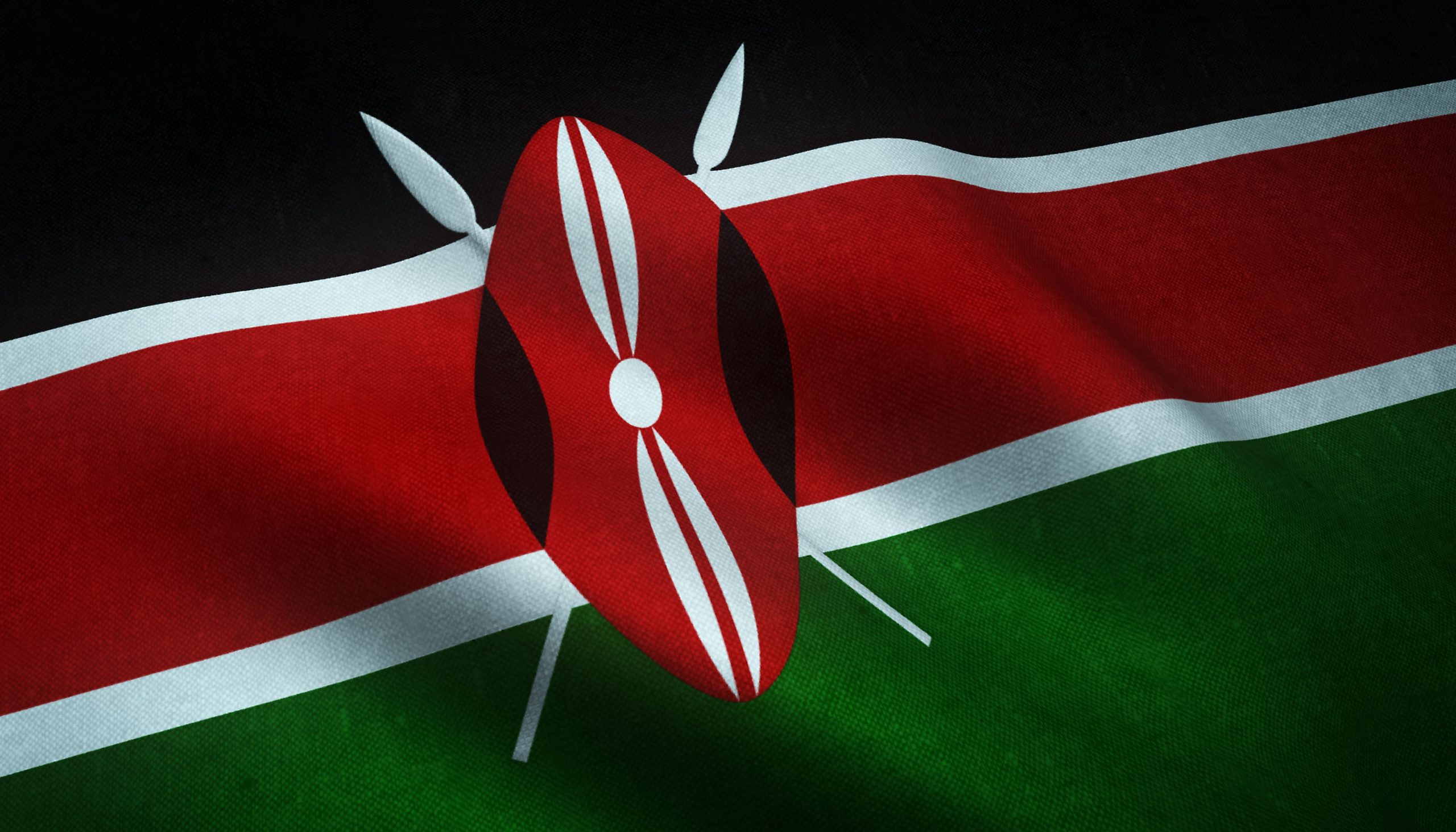Kenyan Gambling Market Key Takeaway:
Kenya’s fast-growing, mobile-first gambling industry—fueled by a young population, strong mobile penetration, and evolving legislation—offers substantial opportunities for online casino and sports betting operators ready to navigate its regulatory landscape.
Understanding the Landscape: Kenya’s iGaming Potential
With a population of over 55 million and one of Africa’s most dynamic economies, Kenya has carved out a substantial share of the continent’s gambling activity. Not only is it Sub-Saharan Africa’s third-largest gambling market (after South Africa and Nigeria), it also stands out for the sheer volume of young bettors and its deep-rooted passion for sports—especially football.
The country’s rapid digitalization has supercharged online betting growth. Internet penetration, which stood at 40.8% in 2022, is expected to hit 64.94% by 2025. This digital transformation is largely driven by mobile technology – Kenya boasts 122 mobile subscriptions per 100 inhabitants, according to World Bank data. For many, mobile phones aren’t just a convenience; they’re the only way to access online platforms in areas without physical betting outlets.
As early as 2019, 88% of Kenyan gamblers placed bets via mobile phones. That figure has only climbed as operators double down on mobile-friendly apps and websites. The iGaming boom has diversified the country’s gambling scene, bringing online sports betting, virtual sports, and live dealer games to the forefront alongside traditional casino entertainment.
Table: Snapshot of Kenyan Gambling Market (2025 Projections)
| Category | Estimated Users by 2029 | Key Growth Factor |
|---|---|---|
| Sports Bettors | 517,000 | Mobile penetration & football fandom |
| Lottery/Bingo Players | 990,700 | Accessible digital platforms |
| Online Casino Players | 2,000,000 | Variety in games & live dealer popularity |
| Internet Penetration | 64.94% (est. 2025) | Increasing mobile access |
| Licensed Bookmakers | 128+ | SportPesa’s legacy inspiring market entrants |
Sports Betting Takes the Lead
Online sports betting is undeniably the backbone of Kenyan gambling. GeoPoll’s 2021 survey revealed that 37% of participants bet weekly, 28.5% monthly, 18% daily, and 15.8% more than once a day. This frequency—driven by mobile access and love of sport—makes Kenya one of Africa’s most engaged betting populations.
Football dominates, with the English Premier League, UEFA Champions League, Spanish La Liga, and Kenya’s own Premier League generating the most action. Other sports like rugby, basketball, cricket, athletics, boxing, and the Olympics also attract consistent betting volume.
SportPesa, launched in 2013, remains the most recognized platform in Kenya, holding 82% of local gambler accounts. The success of SportPesa has catalyzed growth in licensed operators, now nearing 130 entities.
Some of the major active sportsbooks include:
-
SportPesa
-
Betin
-
Elitebet
-
Betika
-
Mcheza
-
Betpawa
Casino Gambling in Kenya
While sports betting takes the lion’s share, casino gaming is far from neglected. Major land-based casinos in cities such as Nairobi and Mombasa are household names, including Casino Flamingo, Mayfair Casino, Captain’s Club, and Senator Casino. Yet, the momentum is shifting online, where digital platforms offer Blackjack, roulette, online poker, and a vast library of slots.
Live dealer casinos have struck a chord with players looking for immersive experiences, further reinforcing the mobile-first trend. As more global providers expand into Africa, the diversity and quality of online games available to Kenyan gamblers continue to improve.
Regulation: Navigating the Legal Terrain
Gambling is fully legal in Kenya, governed primarily by the 1966 Betting, Lotteries, and Gaming Act, which has been repeatedly amended to reflect the needs of a digitized market.
The biggest legal shake-up is the Kenya Gambling Control Bill 2023, approved by the National Assembly and awaiting presidential assent. The bill introduces sweeping reforms including:
-
Mandatory local ownership: 30% minimum held by Kenyan citizens
-
Foreign license fees:
-
5.5M KES (~$42,504) for public gaming
-
6.5M KES (~$50,232) for public lottery
-
-
Security deposit: 200M KES (~$1.55M)
-
Kenyan bank account requirement
-
Strict financial compliance for operators
The bill targets illicit operations and underage gambling while enforcing responsible practices and enhanced tax accountability.
Combating Illegality in Gambling
The 2023 bill also gives regulatory bodies expanded powers. Many Kenyan operators previously fell short of compliance, prompting a crackdown on illegal activity. Key measures include:
-
Minimum stake enforcement (KES 20 minimum)
-
Fines of KES 5M for bets below the minimum
-
Advertising restrictions: no gambling ads from 6:00 to 22:00
-
Penalties for unlicensed promotion: up to KES 1M or jail time
These changes are part of a broader effort to legitimize and structure the industry to ensure transparency and citizen protection.
Taxation and Licensing Fees
Kenya’s gambling tax structure is outlined in the new 2023 legislation:
-
15% gaming revenue tax (paid monthly to the KRA)
-
Proposed additional 15% betting tax (rejected)
-
30% of lottery proceeds must go to charitable causes
Licensing costs vary by gambling type and applicant status (local vs foreign). With the addition of security deposits and local partnerships, new operators must plan for high entry costs but also high potential returns.
Conclusion
Kenya’s iGaming market is young, mobile-driven, and ripe for innovation. With over 2 million projected online casino players by 2029, and mobile-first betting already mainstream, the opportunity for iGaming brands is clear. However, success in this market demands regulatory awareness, local collaboration, and operational agility.
If you’re considering expanding into Kenya or need support shaping a compliant and scalable business plan, contact our iGaming advisory team today for a free consultation. We’ll help you unlock the full potential of this dynamic market.
FAQ – Gambling in Kenya
Is gambling legal in Kenya?
Yes, both online and land-based gambling are legal under the Betting, Lotteries, and Gaming Act (1966), recently updated by the 2023 Gambling Control Bill.
What is the most popular form of gambling in Kenya?
Sports betting, especially on football, dominates the market.
Can foreign companies enter the Kenyan gambling market?
Yes, but they must meet strict licensing requirements, including a high security deposit and partial Kenyan ownership.
How is online gambling taxed?
Gaming operators must pay 15% of gross revenue to the Kenya Revenue Authority monthly.
Are Kenyan gamblers mostly using mobile phones?
Yes. Mobile is the primary device for betting in Kenya, with mobile-first platforms seeing the highest engagement.
When will the new gambling bill take effect?
The Kenya Gambling Control Bill 2023 will become law once signed by the President.





